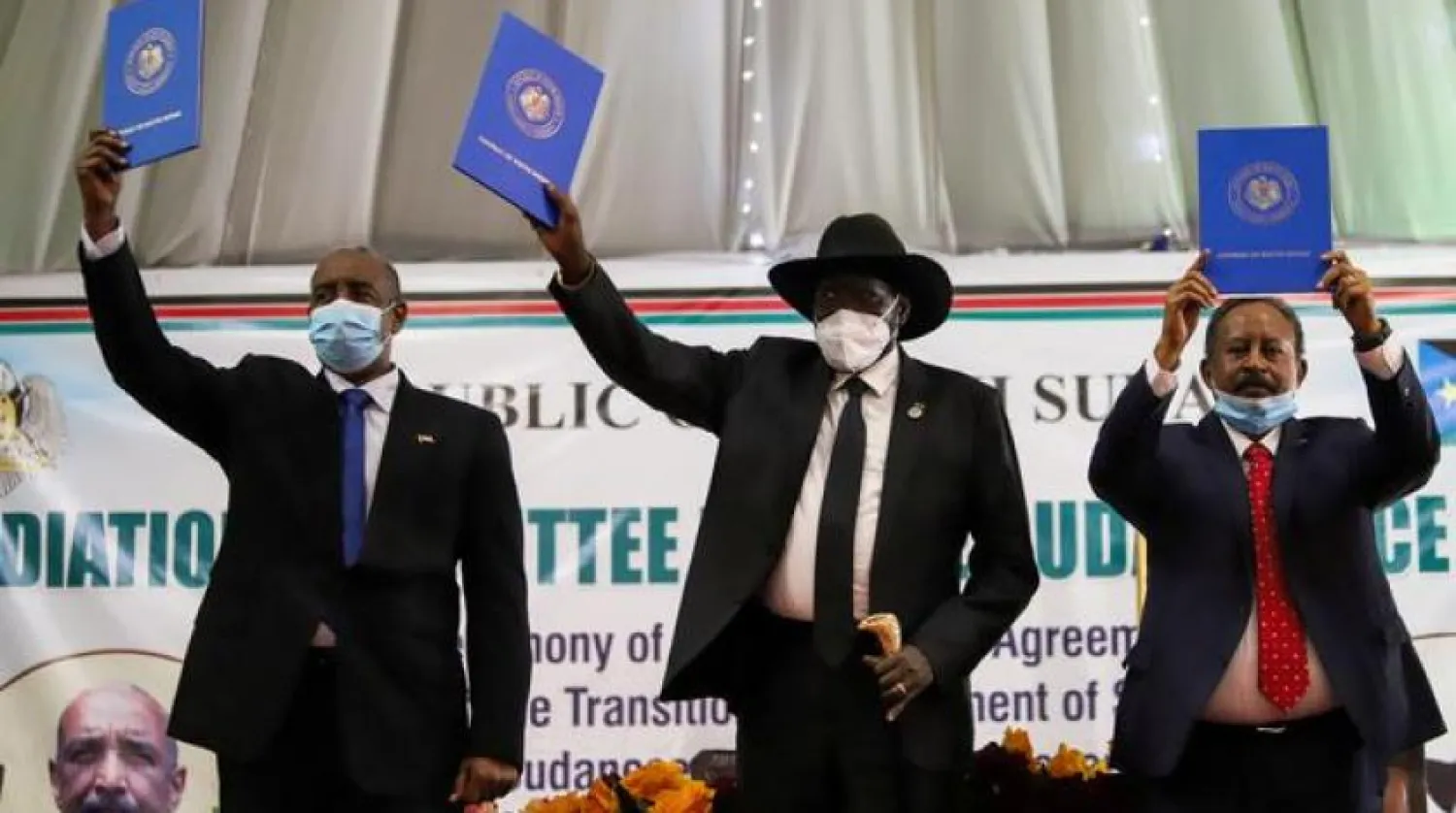Talks between delegations from the Sudanese government and Abdelaziz al-Hilu’s Sudan People’s Liberation Movement (SPLM-N al-Hilu) in Juba have so far faltered.
Member of the Transitional Sovereign Council Lieutenant General Shams El-Din Kabbashi led the government delegation, while the movement’s delegation was headed by its Secretary- General Ammar Amoun. The talks had kicked off on Wednesday.
Rapporteur of the Southern Sudanese mediation committee Dr. Dhieu Mathok said both sides discussed notes submitted by the government delegation on the draft framework agreement.
In press statements following the meeting, Mathok said some pending issues require more negotiations.
A decision was taken to form specialized committees from both delegations to discuss each disputed issue separately and bring views closer.
The system of governance and administration, security arrangements, economy and social affairs and the judicial system are among the outstanding issues.
The government delegation’s official spokesman, Khaled Omar Yousef, predicted that a peace agreement would be signed as soon as negotiations are completed.
The formation of specialized committees will eventually achieve a breakthrough, sources stressed to Asharq Al-Awsat.
The committees are expected to submit reports in accordance with the timeline set by the mediation at the end of the round of talks on Sunday to finalize the peace accord.
The Sudanese government and a major rebel group from its southern Nuba Mountains signed in March a Declaration of Principles, which paved the way for a final peace agreement by guaranteeing freedom of worship to all while separating religion and the state.
In the draft framework agreement, the SPLM-N requested a six-month period preceding the transitional period to establish agreed up institutions and mechanisms, hold elections and assess the performance of the elected government.









